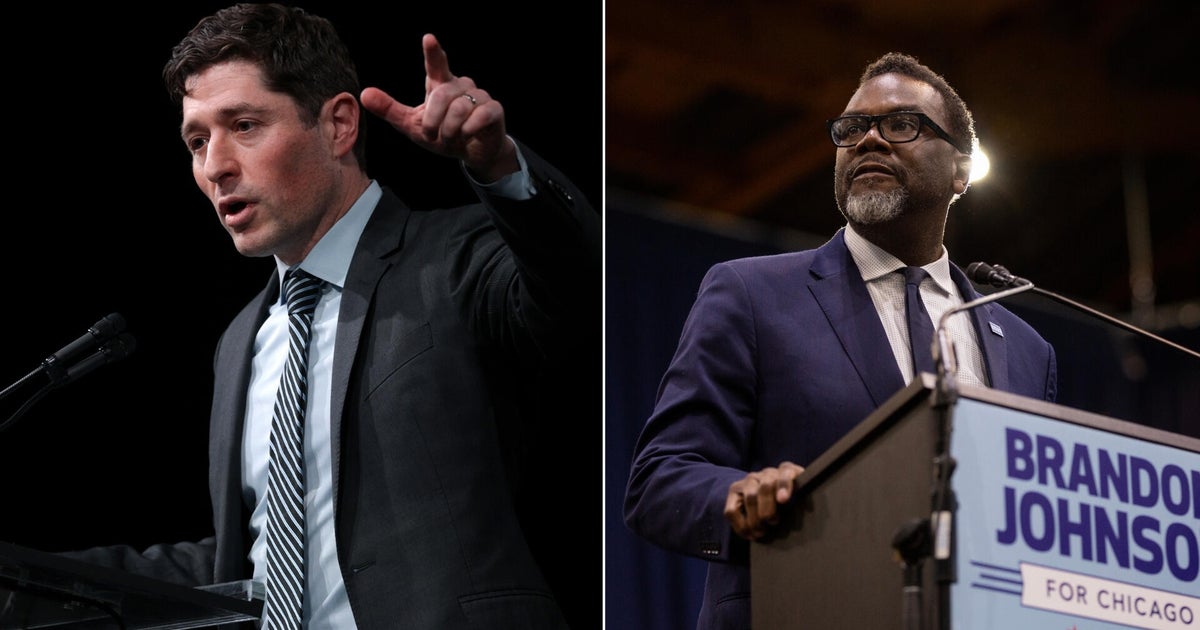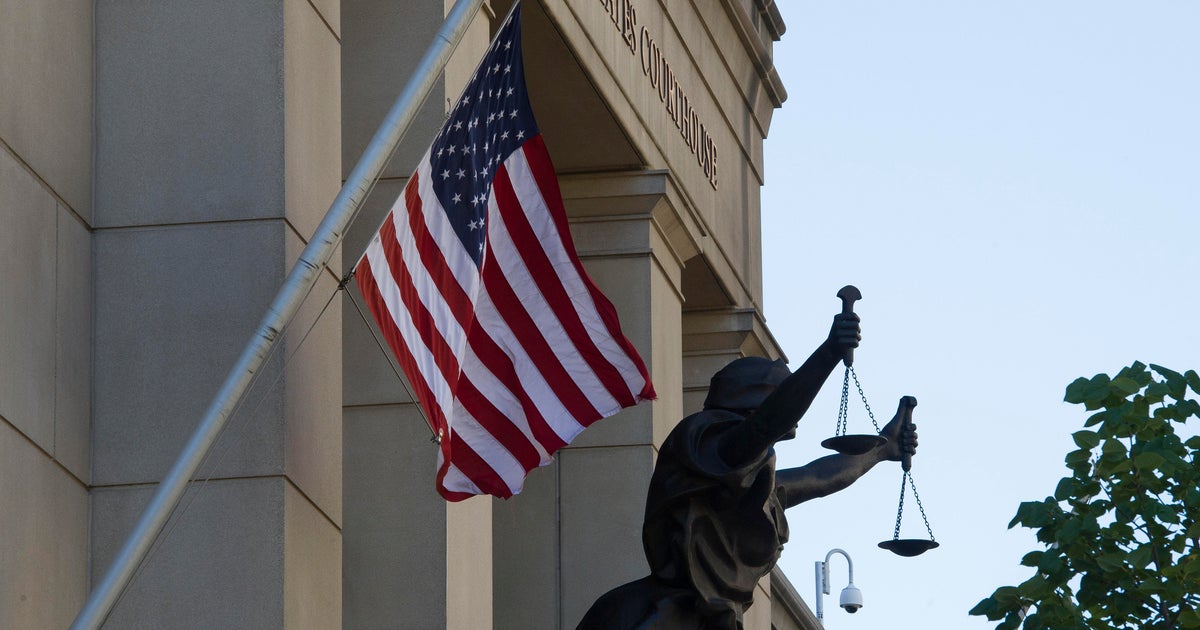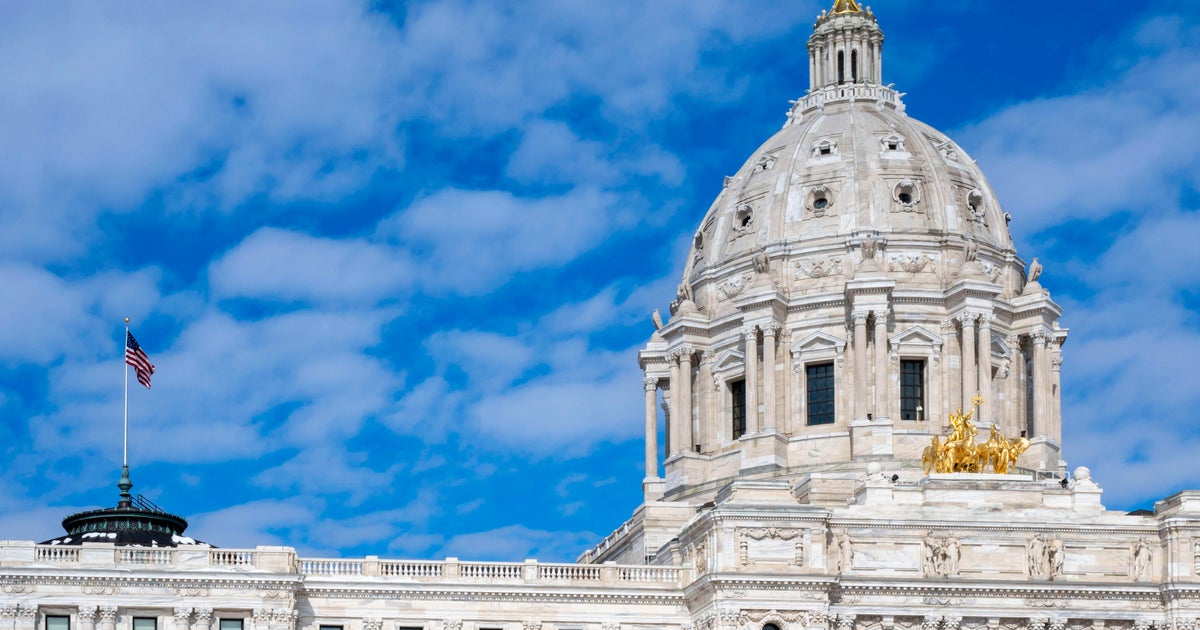Manchin announces he won't run for president
Washington — West Virginia Sen. Joe Manchin announced Friday that he will not run for the presidency in 2024, silencing whispers about whether his political future would include a White House bid.
Manchin squashed speculation about a presidential campaign during an event at West Virginia
University, during which he recounted his political career. The senator said the collapse of a border security deal negotiated in the Senate earlier this month contributed to his belief that change cannot be made from Washington.
In response to Manchin's announcement, the leaders of No Labels, a group that is preparing a potential independent 2024 presidential ticket, said it welcomes his efforts to bolster their movement for "America's commonsense majority."
"No Labels is currently speaking with several exceptional leaders about serving on the presidential Unity ticket," the group's national co-chairs, former Senator Joe Lieberman, Dr. Benjamin F. Chavis, Jr., and former Governor Pat McCrory. "We are continuing to make great progress on our ballot access efforts and will announce in the coming weeks whether we will offer our line to a Unity ticket."
In January the West Virginia Democrat, who often votes against his party, hadn't ruled out a third-party run for the White House, saying in an interview with "Face the Nation," only that he would do "everything I can to save my country. And I'll do whatever it takes."
"I'll help whoever, and I'll support whoever that I think can best help this country come back to this common sense, sensible middle, which is center left, center right, working together with a majority. You can't govern from extremes," Manchin said, but he indicated that he'd decide on a third-party presidential candidacy by March.
He ruled out voting for former President Donald Trump, saying the former president would be detrimental to the country.
Manchin announced in November that he would not be seeking reelection in the Senate, where he was its most conservative Democrat. He often served as a swing vote throughout his tenure in the upper chamber, bucking his party on hot-button issues like abortion, climate change and gun rights.



